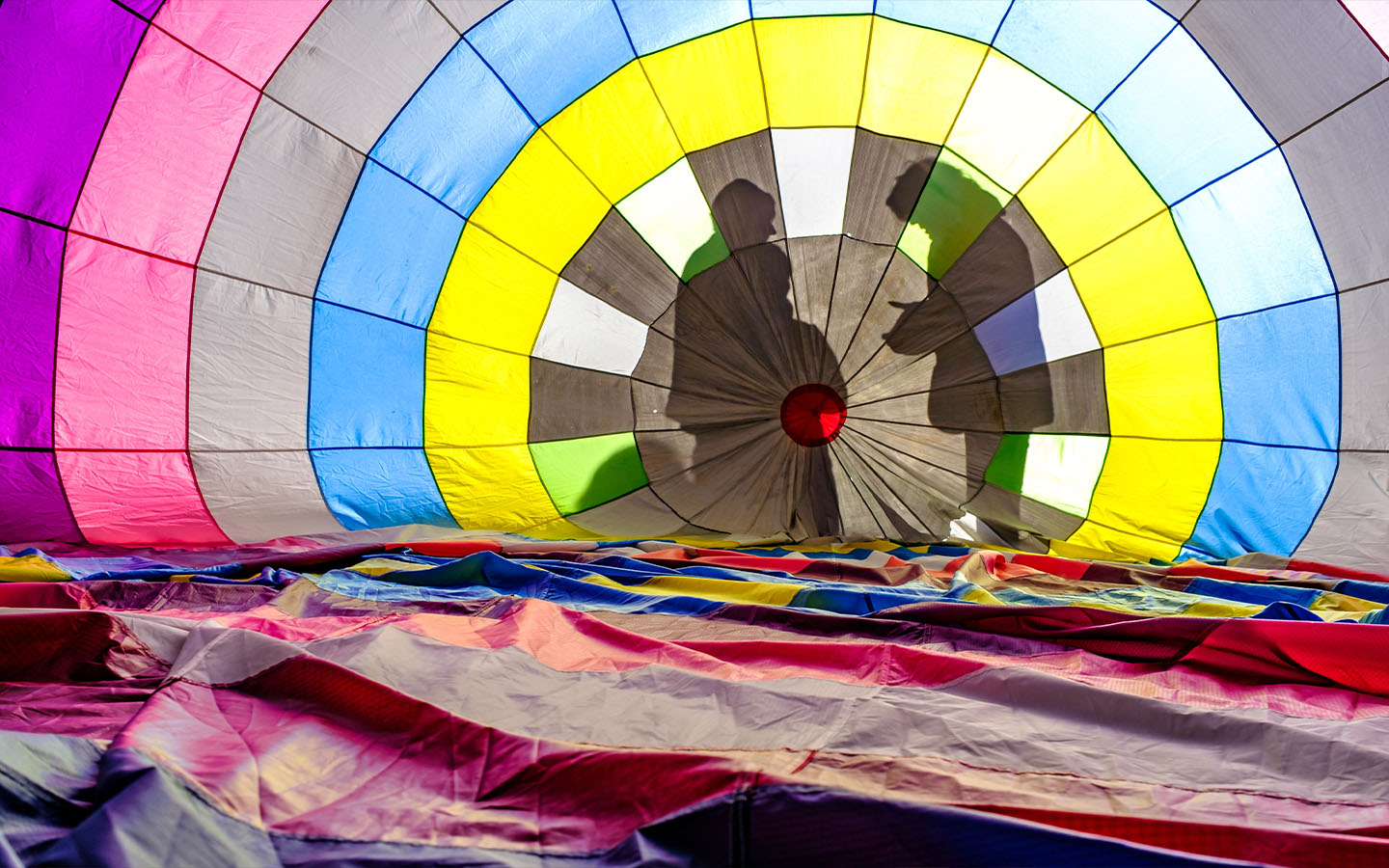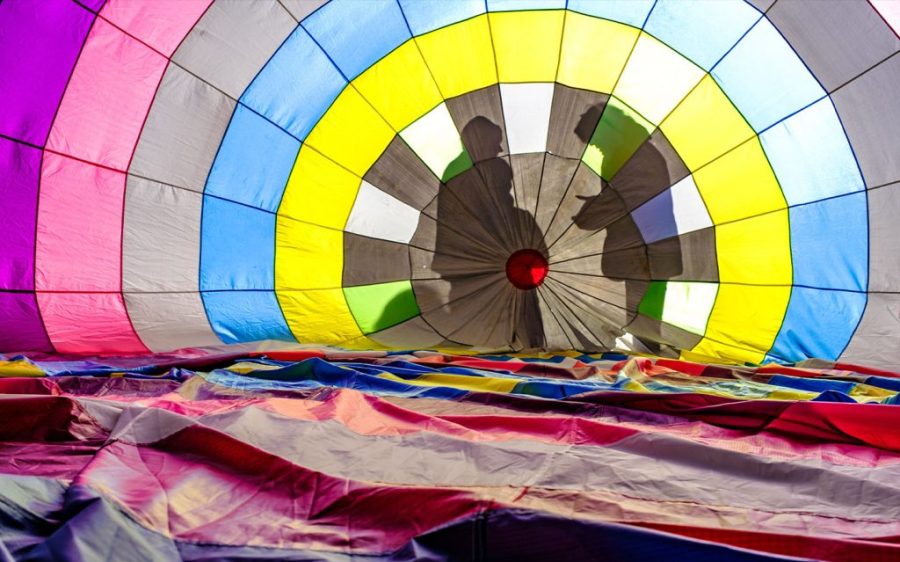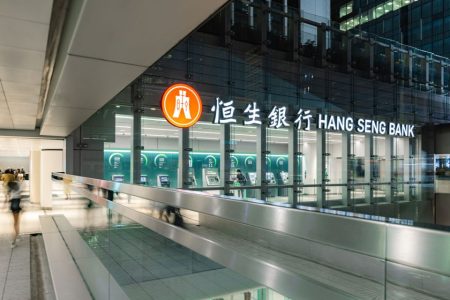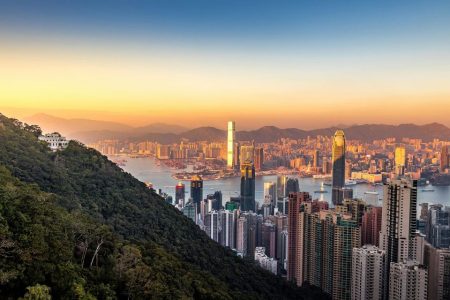Hong Kong’s AIA International Hot Air Balloon Fest ended in disarray this weekend, with organisers forced to cancel the final day due to Typhoon Tapah. Refunds were finally promised on Sunday evening, after mounting criticism over poor planning, permit failures and inadequate compensation offers, according to multiple media outlets.
The HK$30 million (US$3.8 million) four-day event, held at the Central Harbourfront, was billed as a highlight of the city’s “mega-event economy” push, but quickly ran into turbulence. Days before its launch, organisers admitted they had failed to secure a permit for the much-advertised tethered balloon rides, cancelling what was to have been the event’s highlight.
Hot temperatures on Saturday also meant that many balloons had to be temporarily deflated. Frustrations deepened when Sunday’s sessions were cancelled less than 90 minutes before the scheduled sunset programme. The typhoon warning also forced the cancellation of a planned concert featuring Cantopop star Leo Ku Kui-kei.
By then, the Consumer Council had already logged more than 260 complaints involving HK$270,000, with some individuals out of pocket by as much as HK$10,000. More than 300 affected visitors formed a concern group demanding refunds, criticising the organiser, Grand Events Asia, for selling balloon ride tickets before obtaining government approval.
[See more: Calvin Harris to perform at Vision & Colour Music Festival in Hengqin]
After initially offering free ice cream and additional entries as compensation, the company bowed to pressure on Sunday evening, pledging full refunds for all tickets purchased through official channels such as HK Ticketing, kkday and Trip.com. Refund requests will be accepted until 8 October, with payouts expected by 7 November.
“Despite our best efforts, we recognise that we fell short of delivering the expected customer experience,” the organiser said in a statement, adding thanks to title sponsor AIA Hong Kong for “reinforcing the importance” of handling complaints properly.
The fiasco has been branded a “public relations disaster” by academics and communication experts, who argued that refunds were the bare minimum and warned the incident risked damaging Hong Kong’s image as it seeks to promote large-scale international events – particularly in the wake of the Lionel Messi fiasco in February last year
It also prompted lawmaker Doreen Kong Yuk-foon to suggest that the government take a more proactive role in supporting – and scrutinising – new event organisers to safeguard both public safety and the city’s reputation.
“If the government senses that it has a stake, it will be more concerned,” she said.






